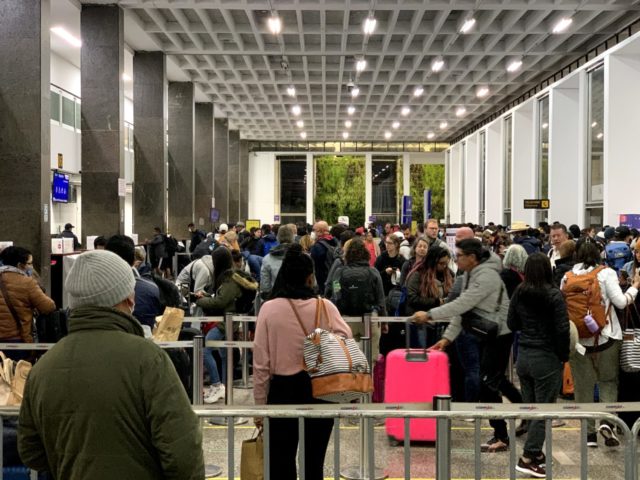 We’re looking back on some bright moments in a difficult year, and asked each member of our team to name a few of their favorite or most impactful stories. This is one of Fatoumata Ceesay’s.
We’re looking back on some bright moments in a difficult year, and asked each member of our team to name a few of their favorite or most impactful stories. This is one of Fatoumata Ceesay’s.
On Sunday evening, March 15, Peruvian President Martin Vizcarra issued a 15-day nationwide state of emergency and border closure to stem the spread of COVID-19. Vizcarra gave all foreign travelers, including myself and my companions, 24 hours to leave the country before borders were shut Tuesday at midnight.
When the initial shock of the announcement wore off, my companions and I worked tirelessly to change our booked flights to an earlier date. We rushed to the airport Monday afternoon and waited for a chance to catch a flight out of Lima, the capital city. After staying at the airport for 10 hours, my companions and I were able to catch the last flight from Lima to Chicago through Houston – at 11:55 p.m. Monday night – five minutes before the deadline.
When we finally took off, everyone on the plane broke out into applause. We had made the deadline and would return safely to the United States and specifically, to Wisconsin. We were lucky.
Others, like 65-year-old Fred Pike and his wife, were not.
Pike, from Shorewood, Wisconsin, and his wife, Cecilia Taylor, went to Perú to celebrate their 10th wedding anniversary. When they arrived on March 9, there were no travel advisories against Perú and at the time, there were few cases of the virus in South America.
“It seemed like a relatively safe place to go,” he said. “And it was much less severe than Europe.”
Pike and Taylor were in Cusco, Perú, when they heard the announcement. They were able to fly from Cusco to Lima. They had originally booked a return flight home for Tuesday, March 17 and realized that their flight would miss the deadline. They would be stuck in Lima while it was on lockdown.
“We tried like crazy to get anyplace out of the country,” he said. “We looked at really any flight out and they were totally booked instantly. We couldn’t drive anywhere within the time limit and there was nothing we could do.”
It was shocking to suddenly be stuck in a foreign country, Pike said.
“There were two surprises: one is there was 27 hours of notice, roughly. The other is that it was shut in both directions. Many countries had shut travel coming in, but not going out. I know most places that had restricted travel had a 72-hour window. If we’d had a 72-hour window, we and other Americans here would have had a much better chance to get out.”
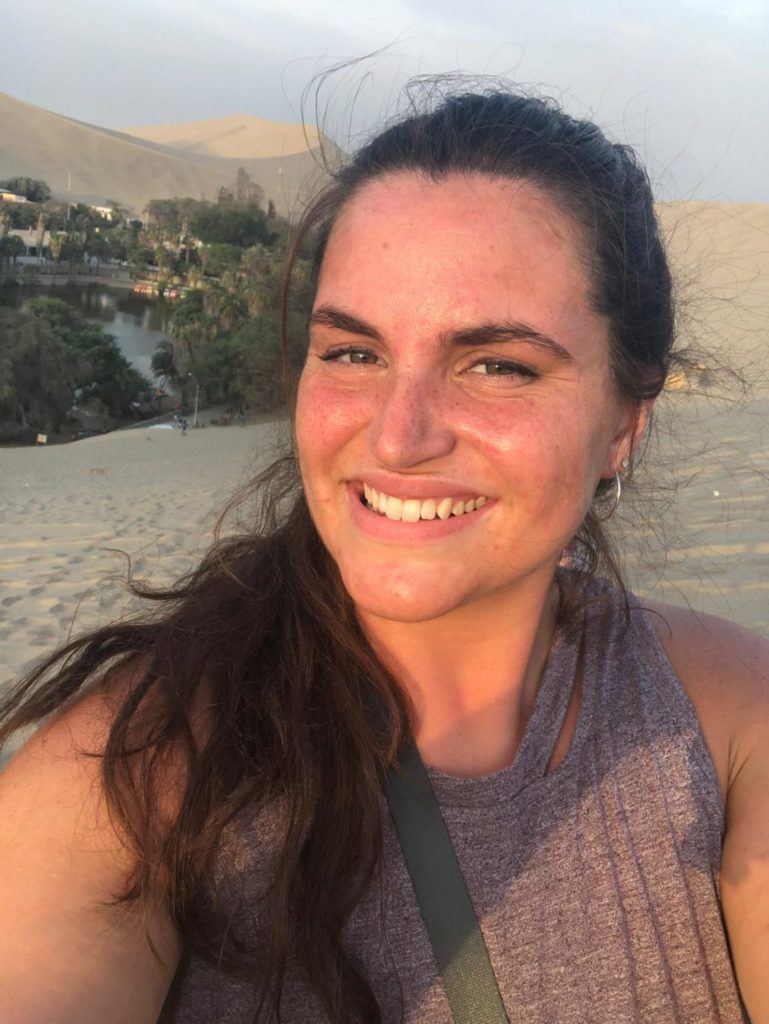
Feelings of surprise and confusion were echoed by UW-Madison senior, Sydney Higar, 23, who went to Perú for a study abroad program. Higar’s program was supposed to begin in mid-March and she landed on March 9. On March 11, Higar received an email from UW encouraging students not to travel. That Friday, she, along with two other UW students, went to Huacachina for the weekend and when they returned on Sunday, they heard about the announcement.
“One of us was able to leave that night, within minutes of hearing it, but me and the other student from UW-Madison are currently stuck here until we can leave,” she said.
Higar is in Lima until further notice.
She, Pike and their travel companions are just a few of the more than 1,500 Americans in Perú. Of those Americans abroad, at least 25 are from Wisconsin. With very little information coming from the Peruvian government or U.S. Embassy regarding the possibility of leaving, people are left feeling helpless.
“The consulate in Cusco is less than a mile away but they haven’t been returning our emails and they only meet by appointment but their website is not updating and can’t help us,” said Jessica O’Neill, a 23-year-old recent graduate from UW who is originally from Whitefish Bay, Wisconsin. “We heard nothing from the Embassy.”
She and her travel companion, Dani Fuecker, 23, also a UW graduate, traveled through South America for a month and a half before meeting up with Natassja Sook, 23, a UW-Milwaukee graduate.
Another traveler, Theresa Impink-Hernandez, 29, who lives in Milwaukee, also received little help from the Embassy.
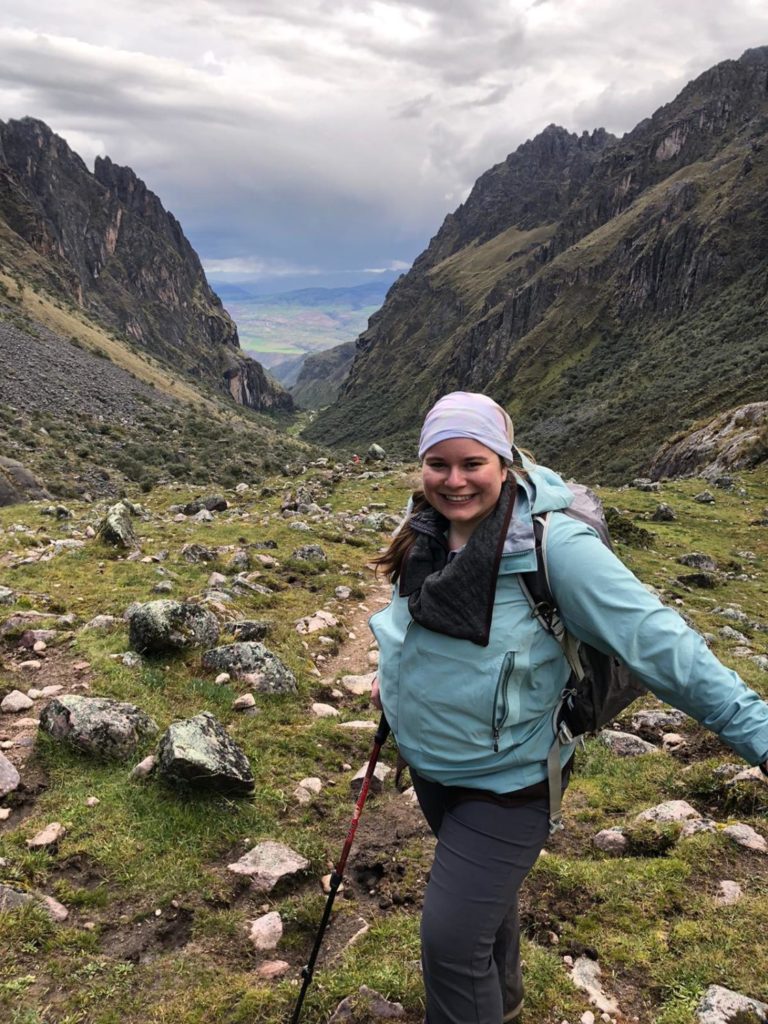
“The first thing we did is we looked at the Embassy website to see what they said,” she said. “The U.S. Embassy was zero help. They basically said figure it out yourself. ‘Call your own airlines, find commercial airlines. It is not our position to pick up every American stranded due to COVID-19. If you can’t find flight, then find accommodations.’ We called them and their office was actually closed. So again, not very helpful.”
Impink-Hernandez was in Perú for a vacation with her friend, and is now in Cusco. Though she, O’Neill, Fuecker and Sook have not heard back from the consulate or Embassy, they did receive a response from Sen. Tammy Baldwin. Many Americans reported at least receiving responses from elected officials, including Sen. Ed Markey, Sen. Ted Cruz, Sen. Elizabeth Warren, and Governor Tony Evers.
Additionally, people started organizing different WhatsApp groups, spreadsheets and a Facebook group called “Americans Stuck in Perú” to keep track of the number of stranded Americans. Through these groups, people have been sharing information, latest updates, media coverage and their stories.
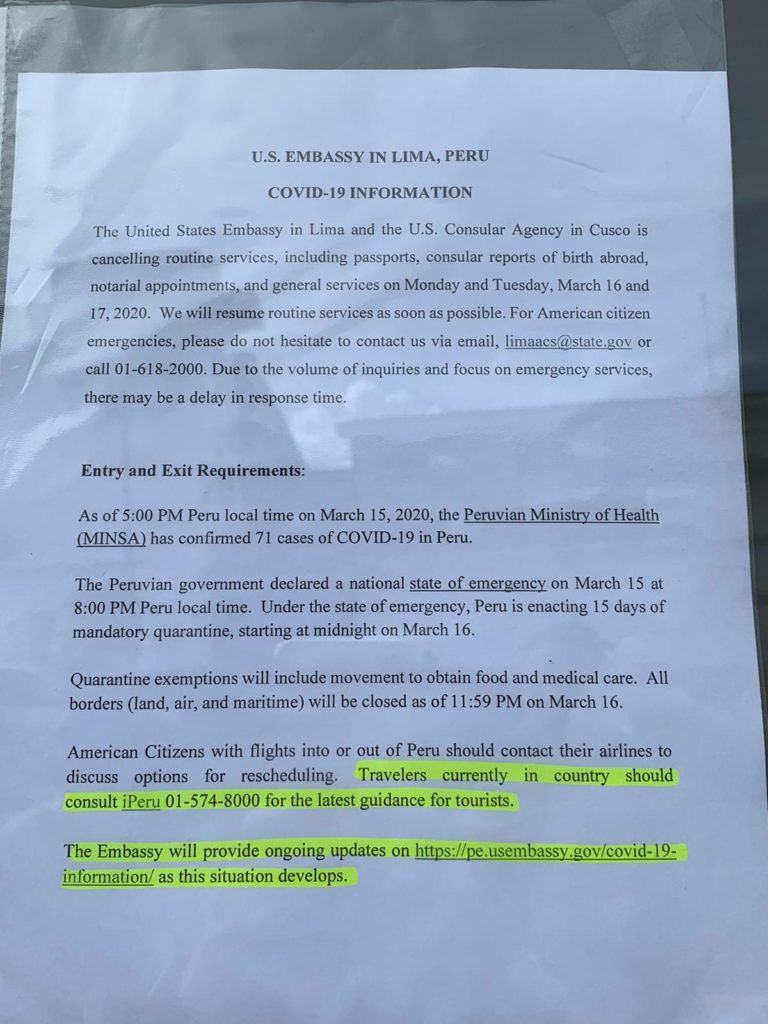
Some Americans were able to get interviewed and raise awareness of the lack of appropriate responses from the United States. Jonathan Du, a graduate student at the University of Texas-Austin, has been at the forefront of contacting state representatives, the Embassy and spreading information to others.
“We were able to contact our legislators or senators,” he said. “We’ve been going all around the news media, just talking, and doing interviews and really just raising awareness about our current situation. In order for us to turn that anxiety into, I guess, something positive really took a lot of work.”
Still, there is a sense of fear and uncertainty when they can all go home.
“There’s very little information being provided by either our government or the Peruvian government concerning us,” Impink-Hernandez said. “It’s very difficult figuring out the rules on what we’re allowed to do.”
“I don’t like the level of uncertainty,” Pike said. “There’s two things driving the level of uncertainty: will they extend the quarantine past the 31st? And two, there are attempts to bring in humanitarian flights but that’s hard to track down. If there was no doubt that we could leave April 1, I’d be relatively fine.”
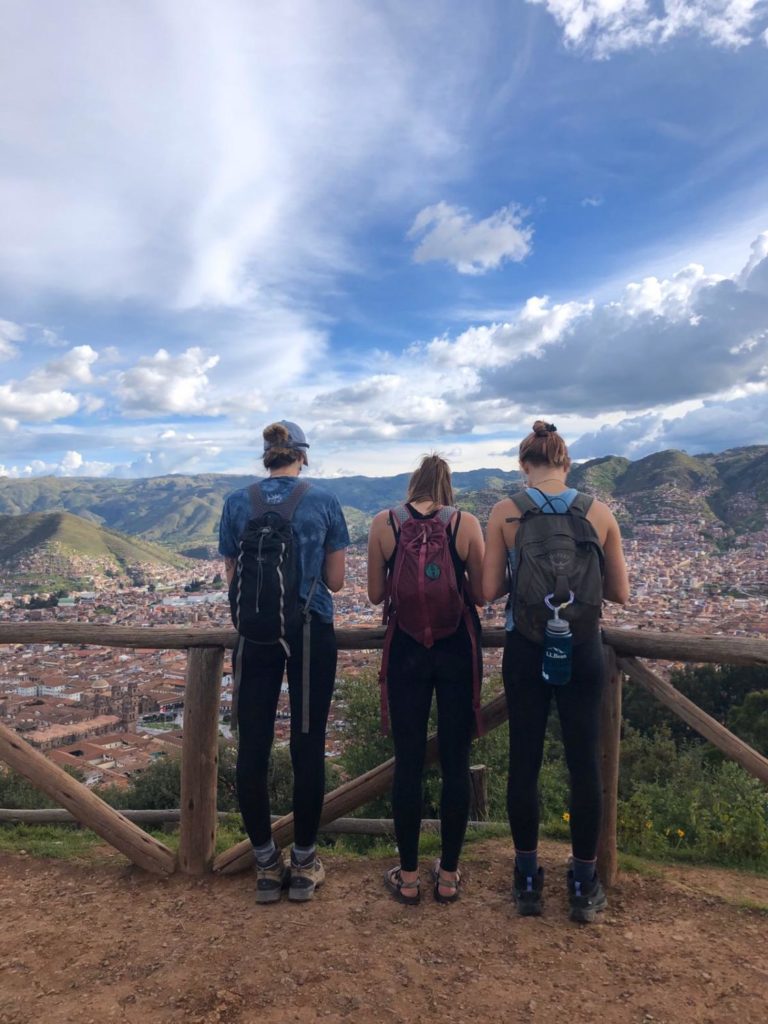
Though the level of uncertainty and anxiety is felt all around, people are taking steps to continue living life as best as they can.
Pike and Taylor are working remotely, Higer continues to explore Lima’s beautiful sights when she can, and O’Neill, Fuecker and Sook participate in activities such as group yoga or meditation.
“We’re just trying to be productive,” Sook said. “We’re meditating, doing yoga, cooking but also we’re refreshing the news a lot to see if there are any updates.”
In Pike’s case, although he is 65 years old, he and his wife are not particularly worried that their age will be a factor in whether they catch the virus or not.
“I have no underlying health issues, we’re actually very healthy,” he said. “I certainly try to be careful as we go out but it’s not the age aspect that makes me concerned.”
For now, Americans stranded abroad are urged to sign up for the U.S. State Department’s STEP program, which alerts the U.S. Embassy or Consulate of their location, fill out different forms and contact airlines for possible flights. One of those airlines, Avianca S.A., created an online signup page for travelers to express interest in flights from Lima and Cusco.
As for comments made by the general public and President Donald Trump recently about those stranded, claiming they were late with their flights or didn’t make the time limit, Impink-Hernandez said those comments are unfair.
“He made comments that we were given a deadline to get out when in actuality the Peruvian government gave everybody 24 hours and a lot of travelers are not in an area where information can be disseminated,” he said. “It was impossible to get out and so I think that the information being portrayed by the government is inaccurate.”
“It’s really really easy to look at us when you’re in the United States to say those things,” Du said. “I ask people to step in our shoes really quickly and imagine being in a foreign country where you’re given less than 24 hours to get out of the country. Where airplane tickets are so limited, and if you can even get an airplane ticket, it’s 10 times more than what you would regularly pay.
“I asked them to be empathetic,” Du adds. “We got moms and dads who need to get back to the children. We have people here who are running out of medication. We did not ask for this to happen and we don’t expect us to be handed a free ticket home. We’re just asking to have the opportunity to be back with our loved ones.”

























